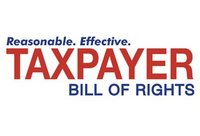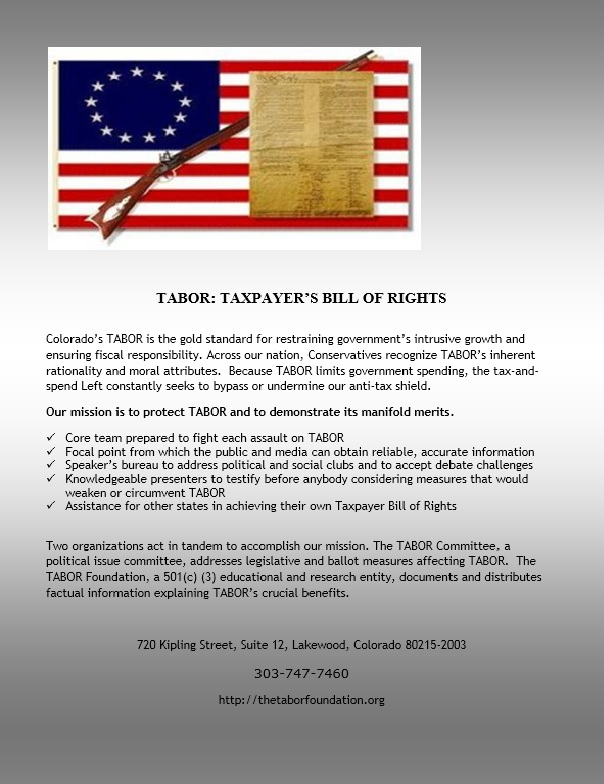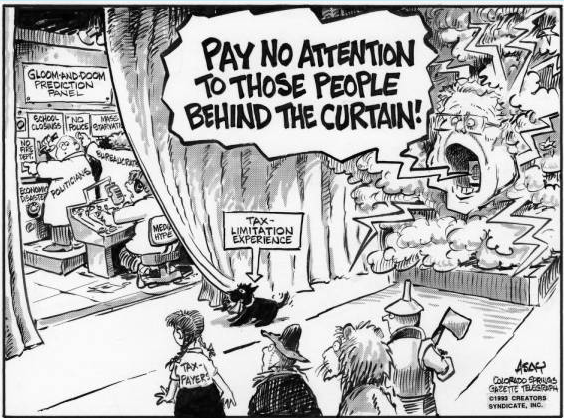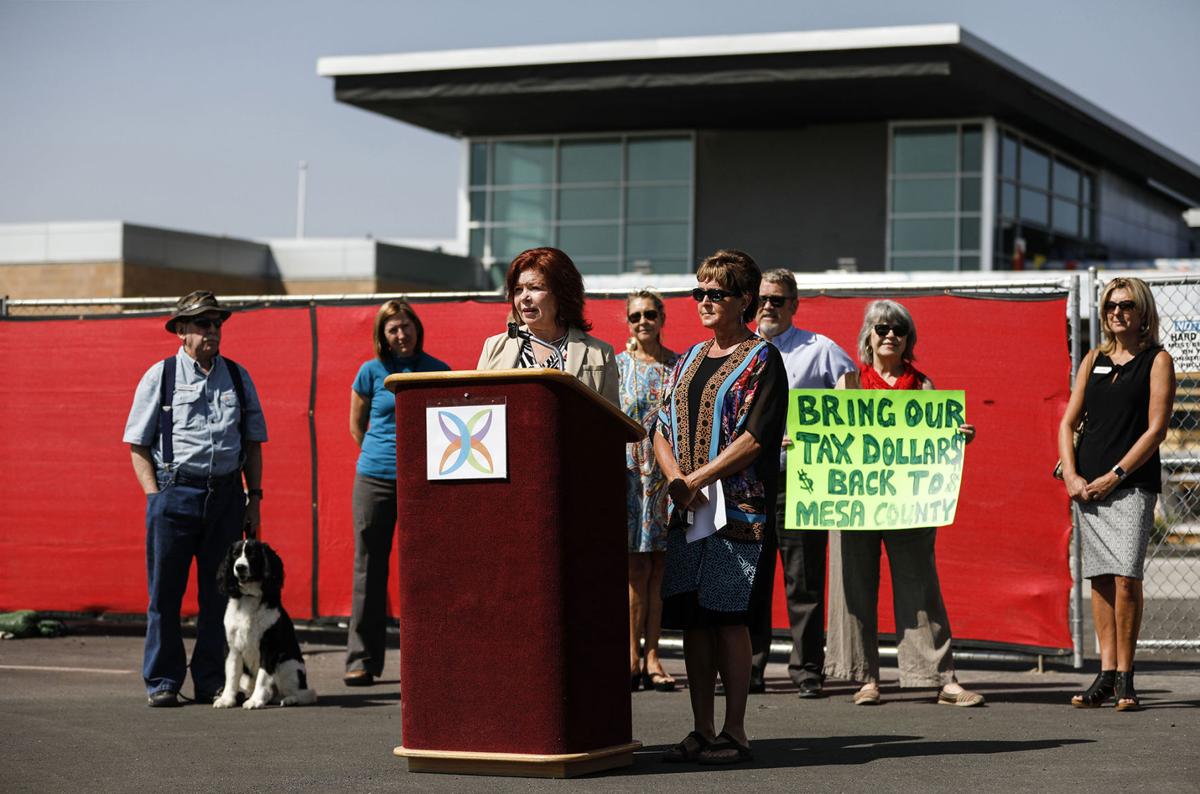
The TABOR Foundation may have seen the final task for one of our lawsuits completed last Thursday, at least at the District Court level. Our supporters will undoubtedly remember that we are suing the State government about how it implemented a new $600 million/year bed tax without first obtaining voter approval, as required by the Taxpayer’s Bill of Rights. The money is funding the Hospital Provider program. The Foundation had to enhance the scope of the lawsuit after SB17-267 passed. That egregiously bad legislation moved the Hospital Provider program off the books, as well as cobbling together transportation plans, changing Medicaid reimbursement, sale & leaseback of state buildings, a net $400 million increase in the fiscal spending cap, increasing State debt by $2 Billion and more (so much for the single-subject mandate).
What happened last week, and where does the lawsuit stand?
All written arguments and counter-arguments have been submitted (“the case is fully briefed”) for the Summary Judgment phase. The Judge still owes a ruling on the Motion to Dismiss made by the State’s attorneys.
Although not a standard action in Colorado, we had a formal Hearing last week for both sides to present their arguments for the Summary Judgment. Each side was given roughly an hour to present its arguments, and there were questions from Judge Buchanan. Lee Steven, the lead attorney from Cause of Action Institute, was the legal representative from our side there. The Foundation’s Chairman, Penn Pfiffner, was present to represent the Plaintiffs.
Because it is not common to have oral argument for Summary Judgment, no clear Order was issued well in advance and as of just 10 days (+/-) before at least one of the attorneys for the Hospital Association was not sure that the Hearing had indeed been scheduled. That’s why formal notice came up so soon before the scheduled court date.
The important development is that both Plaintiffs and Defendants agreed that the ruling will be on the constitutionality and on interpretation of facts already in evidence. Therefore, it is more likely than not that the Judge will reverse (“vacate”) his Order for a five-day trial which is now scheduled to start on October 29. He promised to make this case a high priority. Given the circumstances, Judge Buchanan likely will release his ruling on the Motion to Dismiss and issue a final ruling on the case without any further action on the part of either Plaintiffs or Defendants. We can be reasonably certain that the losing side will appeal.
At this point, all of us – Defendants, Plaintiffs, attorneys – are set for a waiting game until we learn what Court wants to do about the scheduled trial, and then for the rulings.
Penn









